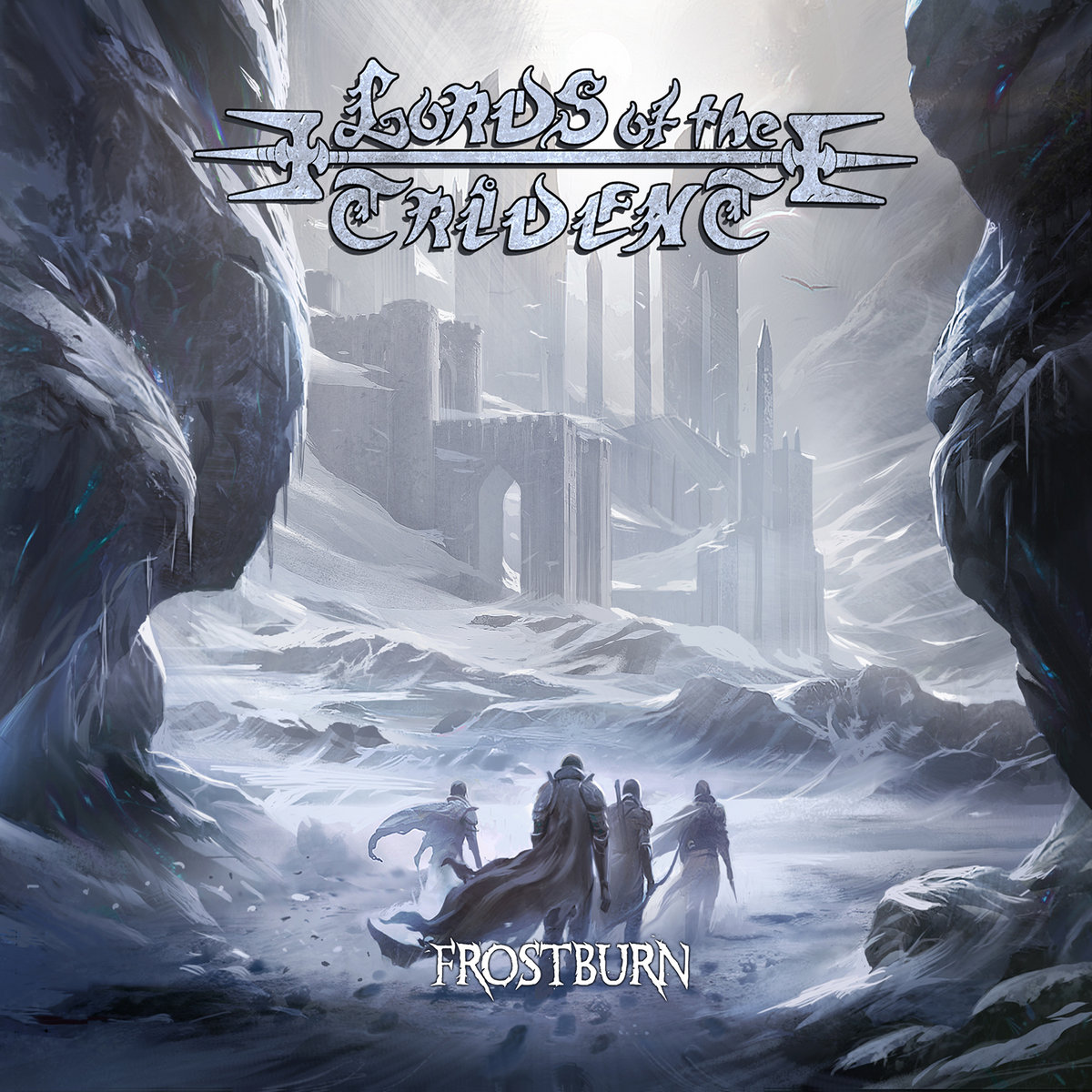Contrary to popular belief, Motorhead didn’t always release
the same album every time they recorded something. While they didn’t stray too
far from the template that was laid down by Lemmy’s bass distortion and gargled
wheeze, their sound did evolve over time as they discovered variations to their
tried and true formula. 2004’s Inferno is one of the finest examples of this
phenomenon, giving the band a major burst of energy as they were reaching the
latter days of their career.
Overkill and Ace of Spades are more influential and were ungodly vicious for their time, but Inferno just might be the heaviest album Motorhead ever put out. Phil Campbell’s guitar tone is at its most dominant thanks to the bright production job though the rhythm section still holds its own throughout. The songs themselves also seem to be more up tempo than usual as the pummeling “Terminal Show” and “Fight!” pack in several thrash riffs while others such as “Life’s A Bitch” and “Smiling Like A Killer” thrive on a punk oriented delivery.
Of course, the sing-along hooks still offer plenty of melody and there are some slower moments that keep things interesting. “Suicide” may be the most accessible song on here thanks to its building guitar work and surprisingly catchy vocal layering and “Keys to the Kingdom” also stands out for its mid-tempo shuffle. One also can’t forget about the closing “Whorehouse Blues” as Mikkey Dee trades his drums in for another guitar and Lemmy breaks out the harmonica for a rousing acoustic jam that makes you wonder how many of these the band had left in them.
But when it comes down to it, Inferno stands out thanks to its more ambitious scope. You won’t find any fancy frills on here but moments like the building intro on “Killers” and the lyrical imagery on “In the Year of the Wolf” give things a more noticeable weight than usual. Albums like 1916 had attempted this sort of thing before but it’s never sounded as natural as it does here.
If Inferno isn’t the best album that Motorhead ever put out, then it’s a surprisingly powerful addition to their extensive discography at the very least. The songs may be not as iconic as their classic staples but they’re written with a great deal of care and the energy involved is well worth the price of admission. It’s a shame that the band never reached their level of intensity again but they never stopped finding ways to live up to their unshakeable reputation.
Highlights:
“Terminal Show”
“Killers”
“Suicide”
“Smiling Like A Killer”
“Whorehouse Blues”
Overkill and Ace of Spades are more influential and were ungodly vicious for their time, but Inferno just might be the heaviest album Motorhead ever put out. Phil Campbell’s guitar tone is at its most dominant thanks to the bright production job though the rhythm section still holds its own throughout. The songs themselves also seem to be more up tempo than usual as the pummeling “Terminal Show” and “Fight!” pack in several thrash riffs while others such as “Life’s A Bitch” and “Smiling Like A Killer” thrive on a punk oriented delivery.
Of course, the sing-along hooks still offer plenty of melody and there are some slower moments that keep things interesting. “Suicide” may be the most accessible song on here thanks to its building guitar work and surprisingly catchy vocal layering and “Keys to the Kingdom” also stands out for its mid-tempo shuffle. One also can’t forget about the closing “Whorehouse Blues” as Mikkey Dee trades his drums in for another guitar and Lemmy breaks out the harmonica for a rousing acoustic jam that makes you wonder how many of these the band had left in them.
But when it comes down to it, Inferno stands out thanks to its more ambitious scope. You won’t find any fancy frills on here but moments like the building intro on “Killers” and the lyrical imagery on “In the Year of the Wolf” give things a more noticeable weight than usual. Albums like 1916 had attempted this sort of thing before but it’s never sounded as natural as it does here.
If Inferno isn’t the best album that Motorhead ever put out, then it’s a surprisingly powerful addition to their extensive discography at the very least. The songs may be not as iconic as their classic staples but they’re written with a great deal of care and the energy involved is well worth the price of admission. It’s a shame that the band never reached their level of intensity again but they never stopped finding ways to live up to their unshakeable reputation.
Highlights:
“Terminal Show”
“Killers”
“Suicide”
“Smiling Like A Killer”
“Whorehouse Blues”
